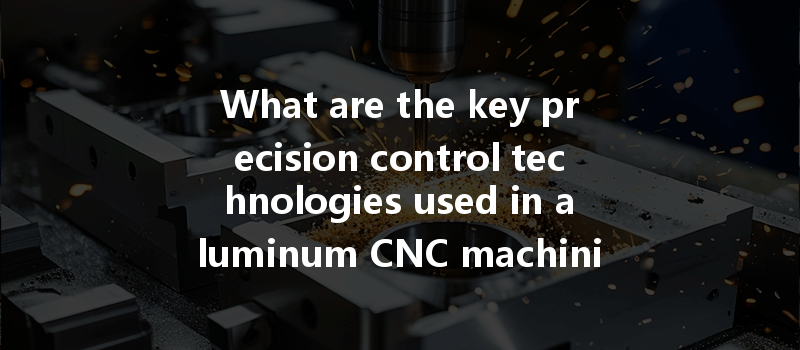In the world of manufacturing, precision is paramount. As industries demand ever-tighter tolerances and higher quality products, the focus on precision control technologies in CNC (Computer Numerical Control) machining has never been greater. Aluminum, with its lightweight properties and excellent machinability, has become a particularly sought-after material in various applications, from aerospace to automotive. At YL Machining, we understand the significance of precision and efficiency in aluminum CNC machining, and this blog aims to educate our readers about the latest precision control technologies employed in the industry.
In this comprehensive guide, we will delve into the different control technologies, techniques, and tools that enhance precision in CNC machining processes, ensuring that you have a clear understanding of the methodologies that drive our commitment to quality.
Understanding CNC Machining
CNC machining is a subtractive manufacturing process that utilizes computerized controls to operate machine tools. These machines can be varied—whether milling machines, lathes, routers, or grinders—and are designed to shape and cut materials like aluminum into specified dimensions.
The CNC process begins with a CAD (Computer-Aided Design) model, which is transformed into a CNC program through CAM (Computer-Aided Manufacturing) software. This program provides a precise set of instructions to the CNC machine on how to produce the part, including information on speed, feed, tool paths, and much more.
Importance of Precision Control
Precision control technologies in CNC machining are critical for various reasons:
Key Precision Control Technologies in Aluminum CNC Machining
Feedback control systems are integral to maintaining precision in CNC machining processes. These systems continuously monitor the performance of machining operations using sensors, enabling adjustments to be made in real-time.
Maintaining tool effectiveness is essential for precision machining. Tool Condition Monitoring involves using various techniques, such as vibration analysis, acoustic emissions, and temperature measurements, to monitor the state of cutting tools in real-time.
Adaptive control takes feedback to the next level by allowing the CNC machine to adjust its operating parameters dynamically based on the material removal rate and other factors.

The physical components of a CNC machine play a crucial role in its overall precision.
Spindles are critical components in CNC machining. The quality and precision of spindles directly affect the overall accuracy of machining operations.
To ensure adherence to precise specifications, measurement technology plays a vital role throughout the machining process.
Software has transformed CNC machining, providing advanced capabilities for precision control.
As the demand for high-precision aluminum components grows across various industries, the need for advanced precision control technologies in CNC machining becomes increasingly crucial. At YL Machining, we leverage a combination of feedback systems, adaptive control technologies, and high-quality machine components to ensure we meet the exacting standards of our customers. Understanding these technologies not only helps in producing superior quality products but also places companies on the leading edge of competitiveness in the market.
Incorporating cutting-edge technologies and continuously improving operations is essential for manufacturers striving for excellence in precision machining. By investing in precision control technologies and ensuring high standards of operation, businesses can achieve outstanding results, gaining a competitive advantage in an ever-evolving industry.
For more information on how YL Machining can help you with your CNC machining needs, visit our website or contact our team of experts for personalized guidance.



